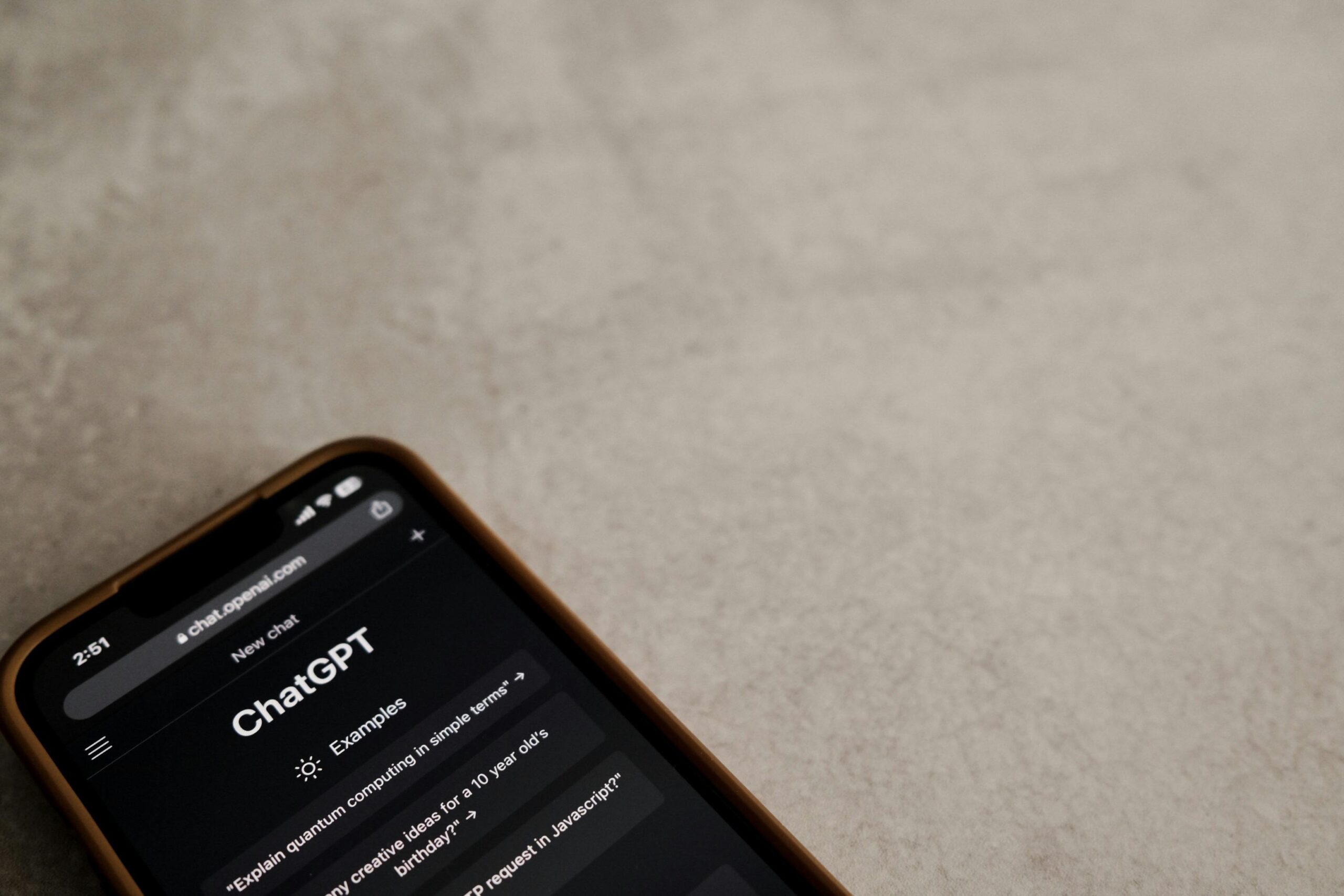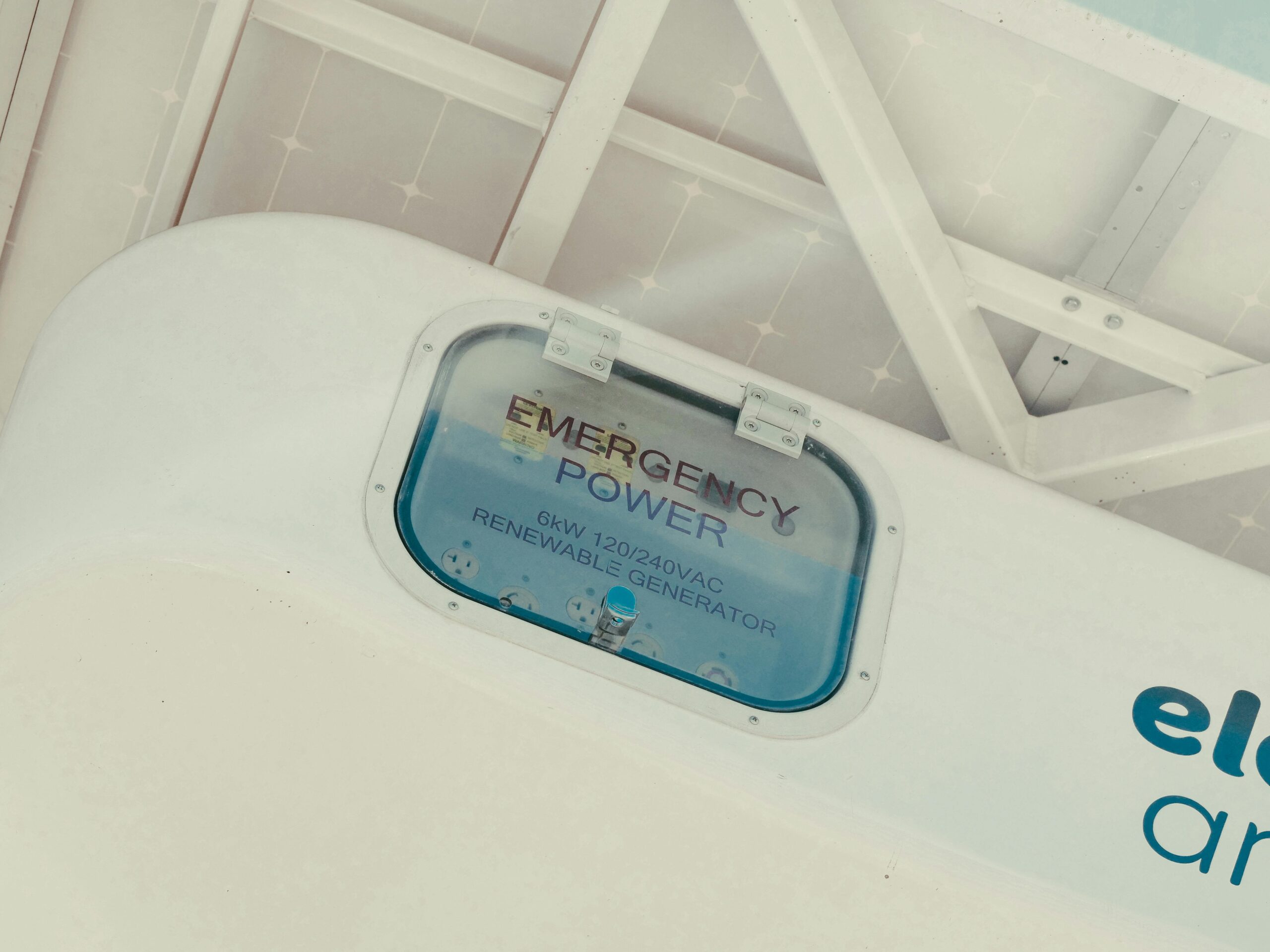 Private-equity ('PE') firms never meant to run 'forever funds...'
Private-equity ('PE') firms never meant to run 'forever funds...'
Depending on how big they are, they may run several investment funds at once... and launch several new ones each year.
However, the typical life cycle for one of these funds is supposed to be somewhere between seven and 15 years...
You see, a PE firm will raise cash from investors to put into new funds. Then, over the next seven to 15 years, the fund does its best to buy cheap companies with debt... fix up their operations... and then sell those businesses either to other PE firms or via the stock market.
Once all the companies are sold, the PE firm will then "retire" that fund, return cash to its investors, and start working on a new fund. (Like we said, these aren't "forever funds.")
Today, that game plan isn't working as it's supposed to...
As we'll explain, PE firms are struggling to offload their funds' investments. And that's a big problem for both private and public investors...
 PE firms are struggling to wind down their funds...
PE firms are struggling to wind down their funds...
Usually, they have two major options for selling their portfolio companies...
The first is to sell to another PE firm. As we explained earlier, PE firms often spend a few years fixing up a business's operations and making the company more efficient. Those businesses then become more attractive investments for larger firms that wouldn't have looked in their direction originally.
However, this option has become much less appealing since interest rates started rising. That's because PE firms usually buy companies with debt to increase their returns. And with interest rates above 5%, it's much harder for these deals to make money.
The second option is to sell the company in an initial public offering ("IPO"). This is an important mechanism for PE. (Without it, PE firms would be stuck selling the same businesses to each other forever.) After a PE firm fixes up its portfolio companies, it can get a new group of investors in on the action via an IPO. Even better, these deals don't require boatloads of new debt.
In 2021, PE-backed IPO volume reached an all-time high of nearly $140 billion. However, today, volumes have plummeted to their lowest levels since the Great Recession...
That's because recent PE-backed IPOs have mostly flopped.
While the process of going public doesn't add debt to these companies, PE-backed companies still tend to carry a lot of debt...
 And that makes public investors nervous with today's soaring interest rates...
And that makes public investors nervous with today's soaring interest rates...
For example, PE firm Permira took shoe company Dr. Martens (DOCS.L) public in January 2021. Its stock is down roughly 80% since then.
Then there's payment-software company EngageSmart (ESMT), which was taken public by General Atlantic in September 2021. Today, its stock is down more than 30%.
That's a bad look for the PE business model. And it's making it harder for PE firms to take their holdings public today... This year, PE-backed IPO volumes are on track to be less than $20 billion.
It's gotten so bad that PE firms have started buying back their failed IPOs... They're hoping that taking the companies private again will allow them to find a better way to make some money.
Unfortunately, the damage is already done... It's clear that PE firms are failing at their game plan. And that's going to make it harder for them to sell in the future.
In fact, more PE firms are entering "zombie" status, where they can't close old funds and start new ones.
 Beware of PE firms trying to get rid of their companies...
Beware of PE firms trying to get rid of their companies...
While PE-backed IPO volumes are down big, they haven't gone to zero.
Private equity is still doing everything it can to bring cash in the door today... and some investors are going to get burned.
Remember that PE-backed IPOs are hiding tons of debt. These companies are bound to struggle while interest rates remain high.
Investors should keep away from anything to do with private equity today.
Regards,
Joel Litman
December 5, 2023
Editor's note: With inflation, high interest rates, and a looming recession, some investors fear a market collapse is around the corner.
They're not wrong to be worried – Joel is more bearish now than ever before. He says many of the bullish strategies and investments that have made folks money over the past 40 years simply aren't going to work in 2024.
But that doesn't mean you need to park your cash on the sidelines...
Joel recently teamed up with Marc Chaikin, founder of our corporate affiliate Chaikin Analytics, to bring you the exact tools you need to navigate this market. It's a tried-and-tested approach that delivers four times higher gains than the S&P 500, on average. They're revealing all the details tomorrow at 8 p.m. Eastern time... Click here to save your spot for free.



 Private-equity ('PE') firms never meant to run 'forever funds...'
Private-equity ('PE') firms never meant to run 'forever funds...'

